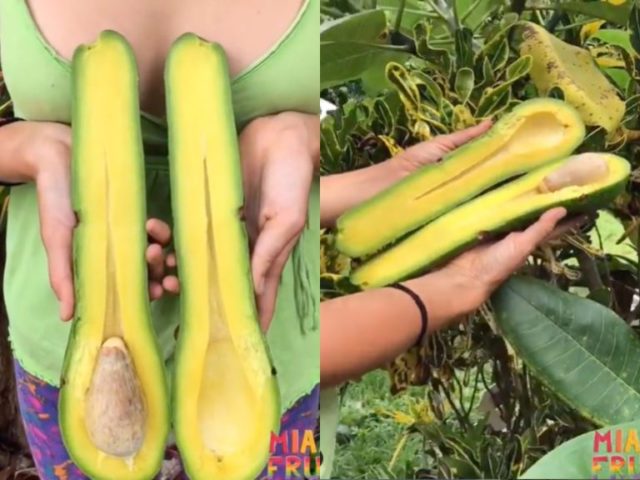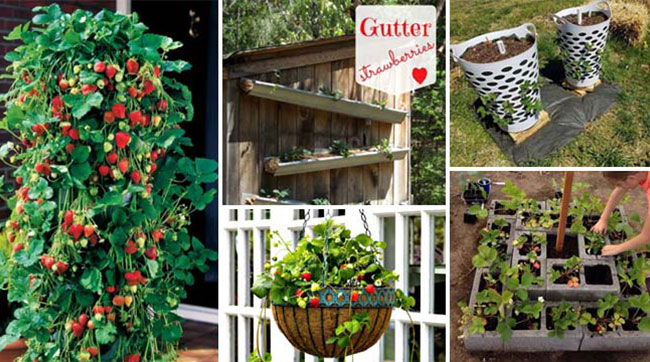Apply Yogurt to Citrus Trees for More Flowers and Fruits
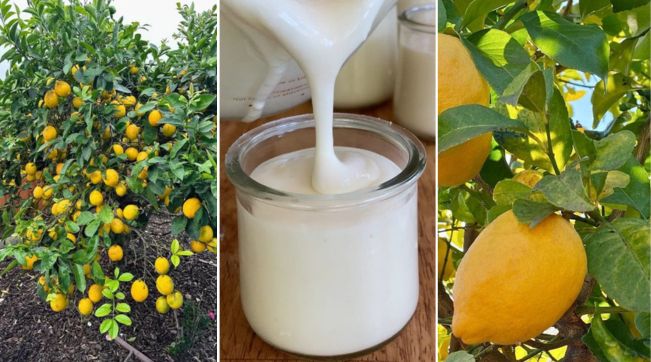
I know it sounds a little wild—feeding yogurt to your lemon or orange tree—but hear me out. A friend once told me her grandma swore by pouring diluted yogurt around her potted lemon tree, and at first I laughed. Then I tried it myself. Within a season, my once “meh” lemon tree started pushing out more flowers than ever. So yes, yogurt really can give your citrus a serious boost. And if you’ve been Googling things like “why is my orange tree not producing fruit” or “how to increase flowers on lemon tree,” this one’s for you.
Why Yogurt Works as a Natural Fertilizer for Citrus Trees
Yogurt isn’t just good for your gut—it’s surprisingly powerful for your garden, too. Think of it as a probiotic for the soil. When you add yogurt, you’re introducing beneficial bacteria like Lactobacillus, which helps suppress harmful pathogens while boosting nutrient uptake. It’s like giving your citrus trees a stronger immune system and a more efficient digestive system at the same time.
- It contains phosphorus, potassium, and calcium—three essentials for fruiting.
- It helps balance soil microbes so roots stay healthy and active.
- It slightly lowers soil pH, which is perfect since citrus prefers 5.5–7.0.
I once did a quick pH test on my soil and found it creeping up to 7.4. After a couple yogurt treatments, it slid back closer to 6.5—right in the sweet spot for citrus trees. No fancy chemicals, just something from the fridge.
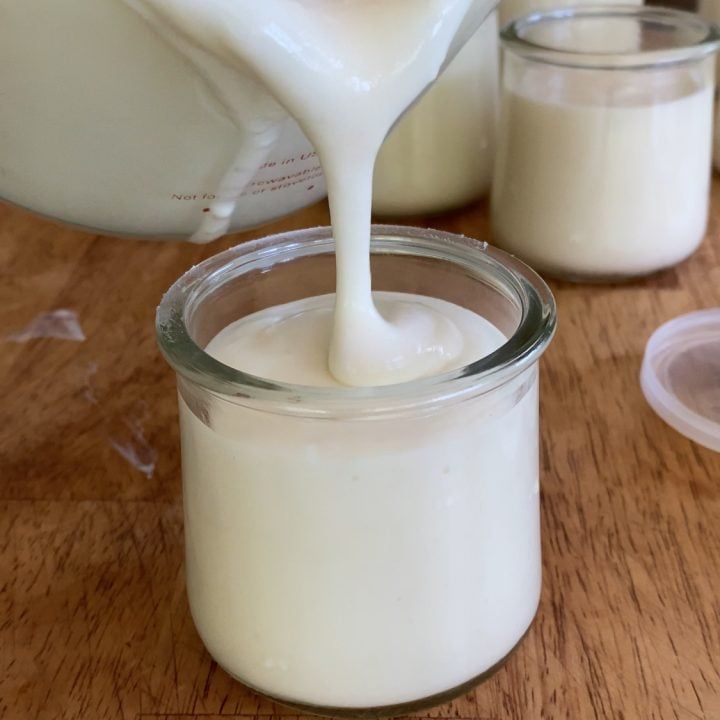
How to Apply Yogurt to Citrus Trees
The application is super simple, but consistency matters. Here’s my go-to method for both potted lemon trees and in-ground orange trees:
- Mix 1 cup plain, unsweetened yogurt with 2 cups water. (Skip the flavored stuff—your tree doesn’t need strawberry-banana.)
- Slowly pour the solution around the base of the tree so it seeps down into the roots.
- Repeat every 4–6 weeks during the active growing season (spring through summer).
Pro tip: go slow when pouring. I once dumped the whole jug too fast and ended up with more yogurt on my shoes than in the soil. Not recommended.
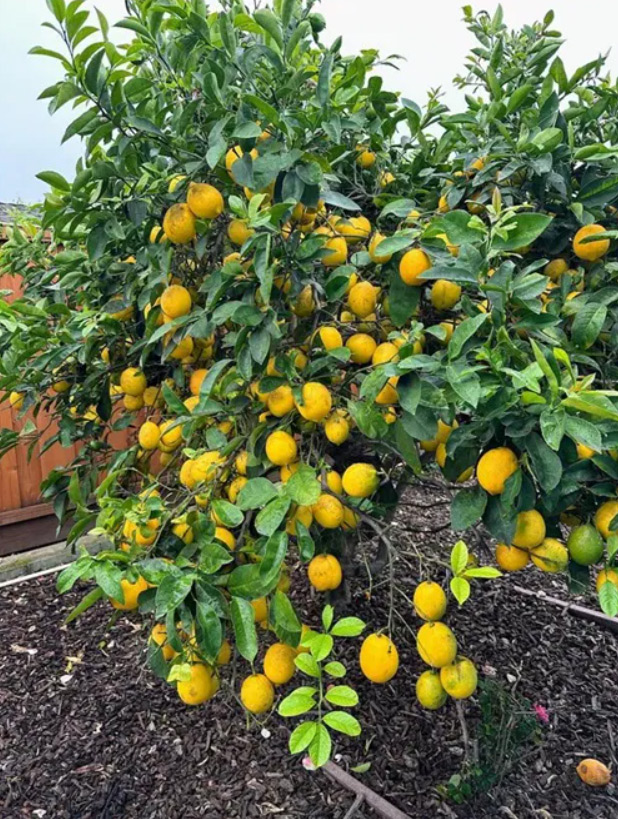
Best Time to Use Yogurt on Lemon and Orange Trees
If you’re trying to maximize blooms and fruit set, timing is everything. Citrus trees usually flower in late winter to early spring, so you want to start yogurt treatments just before that period. That way, the roots are primed with nutrients and beneficial microbes right when the tree needs them most.
- For lemon trees: Start in early spring when buds appear, continue until midsummer.
- For orange trees: Begin in late winter, right before bloom clusters form.
- Avoid heavy applications in winter dormancy—you’ll just waste yogurt and possibly over-acidify the soil.
If you’ve been asking yourself, “why is my lemon tree not flowering,” chances are it just isn’t getting the right push at the right time. Yogurt can be that gentle nudge.
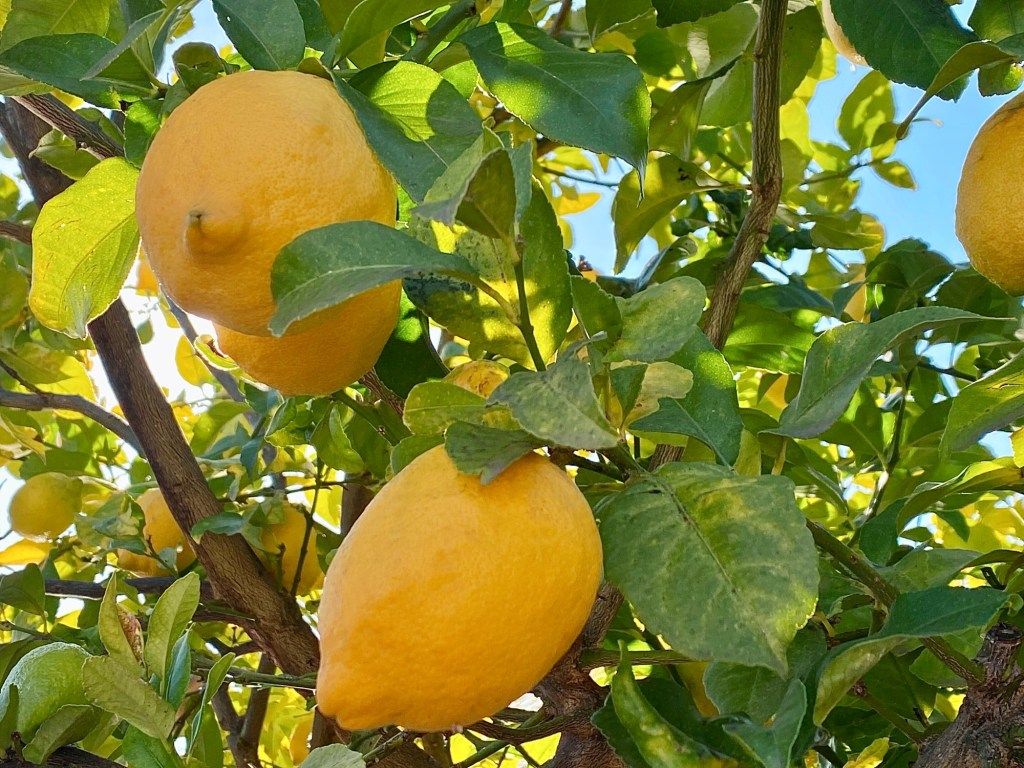
Other Natural Fertilizers You Can Combine With Yogurt
Yogurt is great, but it doesn’t have to work alone. Many gardeners combine it with other natural boosters to create a balanced feeding routine:
- Compost tea: Adds a broad spectrum of nutrients and more microbes.
- Banana peels: An extra source of potassium, perfect for sweeter fruit.
- Used coffee grounds: A gentle nitrogen source and slight acidifier.
- Epsom salts: Add magnesium, which helps prevent yellowing leaves and improves fruit set.
Just don’t go overboard. I once got too enthusiastic and mixed yogurt, compost, and coffee grounds all at once. The smell was… let’s just say my neighbors weren’t thrilled. Stick to a rotation instead of dumping everything in one go.
Common Questions About Yogurt and Citrus Trees
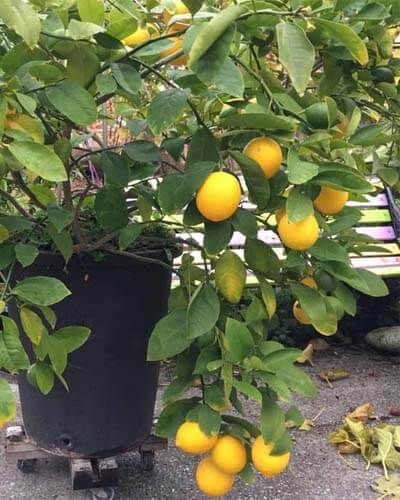
Can I use flavored yogurt?
Nope. Save the peach yogurt for breakfast. Flavored yogurt usually contains sugar and additives that aren’t great for the soil or your plant.
How often should I apply yogurt to citrus trees?
Every 4–6 weeks during active growth is plenty. More than that, and you risk over-acidifying the soil.
Will yogurt help if my citrus tree isn’t fruiting at all?
It can definitely help, but lack of fruit can also come from other issues: not enough sunlight, pruning at the wrong time, or the tree simply being too young. Think of yogurt as a supplement, not a miracle cure.
Does yogurt attract pests?
If applied correctly and watered in, no. I’ve never had an issue. Just don’t leave clumps of yogurt sitting on the soil surface—that’s an open invitation for ants and flies.



